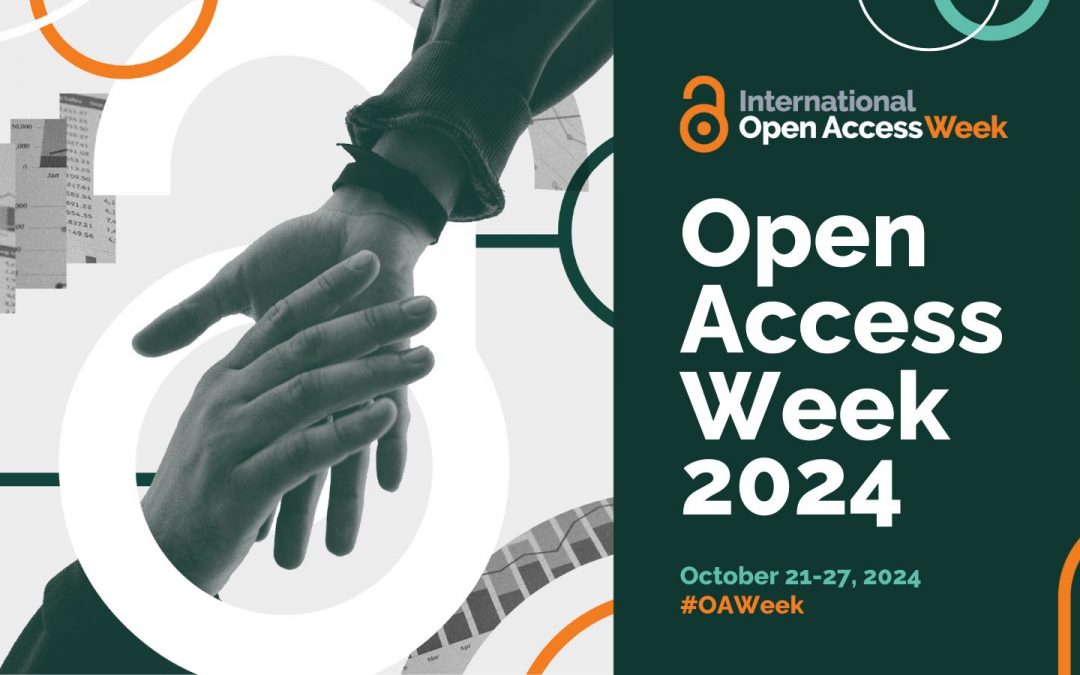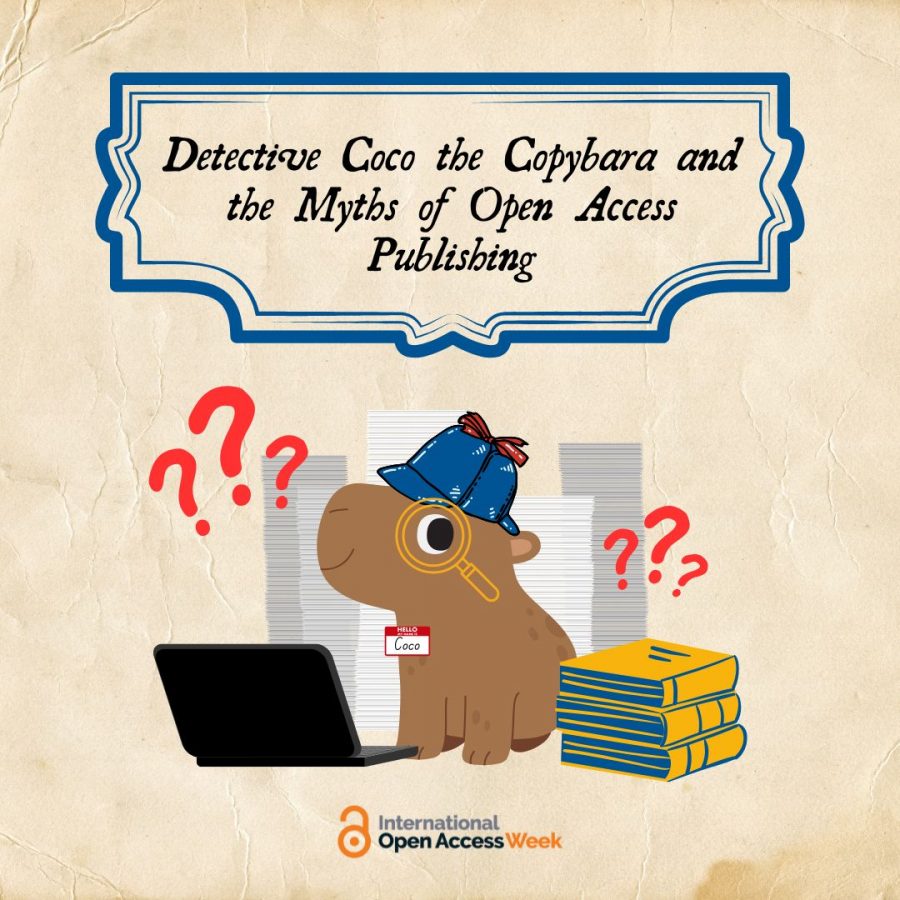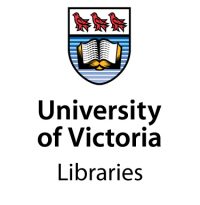Open Access Week 2024 runs from October 21–27, and UVic Libraries invite you to join us in celebrating! This event aims to raise awareness about the benefits of open access (OA) in research and to celebrate the progress made towards making it a standard practice in open science and scholarship. Open access literature is digital, online, and free to access through the consent of the authors or copyright holders. We at UVic Libraries are big supporters of open access publishing, and we hope you’ll take the time to learn more about it.
2024 Theme: Community over Commercialization
This year’s OA Week theme is a continuation of last year’s, highlighting the importance of open science and scholarship that serves the public and the academic community. Hiding scholarship behind paywalls limits the abilities of academics and the public to use that knowledge to advance research and better their communities. By publishing open access, scholars are more likely to have their research cited by other academics or used in legislation and policies.
UVicSpace is an online repository of all open access publications published by UVic faculty & students. Are you interested in trying out the repository? Consult our guide to learn how to deposit your publications today!
UVic Libraries is committed to immediate barrier-free access to UVic’s scholarly research outputs (where possible and appropriate). With our publisher agreements UVic scholars can publish an unlimited number of articles without paying any article processing charges (APCs). We have waivers/discounts for over 8,000 journals, including publishers such as Cambridge University Press, Canadian Science Publishing, Company of Biologists, Elsevier, Institute of Physics, Oxford University Press, SAGE Journals, and Wiley.
What is Open Access?
Open access (OA) refers to the practice of providing unrestricted access to scholarly research and other digital content online, free of charge. This means that the full works can be read, downloaded, copied, distributed, printed, searched, or linked to without legal or financial barriers.
There are three types of open access Publishing:
- Gold Open Access: Articles are published in open access journals and are freely available immediately upon publication. Authors pay an APC to cover the costs.
- Green Open Access: Authors self-archive a version of their manuscript in a repository, making it freely accessible. This can be done alongside publication in a subscription journal.
- Diamond Open Access: Journals do not charge authors or readers any fees!
For more information, listen to our Scholarly SoundBytes episode on open access.
UVic hosts many diamond open access journals, including Anthropologica, Otessa Journal, International Journal of Child, Youth, & Family Studies, Journal of Childhood Studies and graduate and undergraduate journals.
UVic Libraries is committed to immediate barrier-free access to Canadian scholarly research outputs
Open Access Workshops
We’ll be hosting an OA Week event at UVic!
- Navigating the Path to Publication: This in-person Open Access Week event is hosted by UVic Libraries, featuring Tracy Fegan from Canadian Science Publishing. In this seminar, our goal is to provide practical insights and valuable information for both new and experienced authors. We will explore the process of preparing your paper for publication in a peer-reviewed journal. Essential topics such as writing techniques, the peer-review process, and key elements of open access and open science will be covered.
If you’re interested in learning more about open access, some of our fellow Canadian universities are hosting educational workshops and seminars which are available online:
- UBC’s OA Week events
- U Regina: talk with John Willinsky
- U Calgary’s OA Week events
There is also a webinar being hosted by CARL and Scholars Portal on Institutional Repositories and Scholaris
Common Myths about Open Access
Myth: Publishing OA costs authors money.
Fact: There are lots of diamond journals that don’t charge authors or readers! You can also self-archive your work in an institutional or subject repository. If neither of those options work for you, article processing charge (APC) waivers are available through many libraries in Canada, including UVic.
Myth: OA publishing is predatory.
Fact: Many legitimate OA journals charge article processing fees. While there are some predatory ones, they are no different than predatory non-OA journals.
Myth: OA journals are lower quality.
Fact: The quality of a journal has to do with its editorial practices, not its publishing model!
Myth: If I publish OA, I lose control of my work.
Fact: OA doesn’t equal public domain! Authors retain copyright in this model, and you can use Creative Commons licenses or other licenses to control whether and how others can reproduce your work. Be sure to read your publishing contracts well, even when publishing non-OA.
Myth: OA articles are less impactful and respected.
Fact: OA articles have a citation advantage as they are cited more often. Because more people can access them, they have the potential to have greater impact – both academically and politically. Research is more likely to be used in legislation and policies if it’s published open access.
Myth: Books can’t be OA.
Fact: There are options for publishing OA monographs and edited volumes as well as OA articles!



